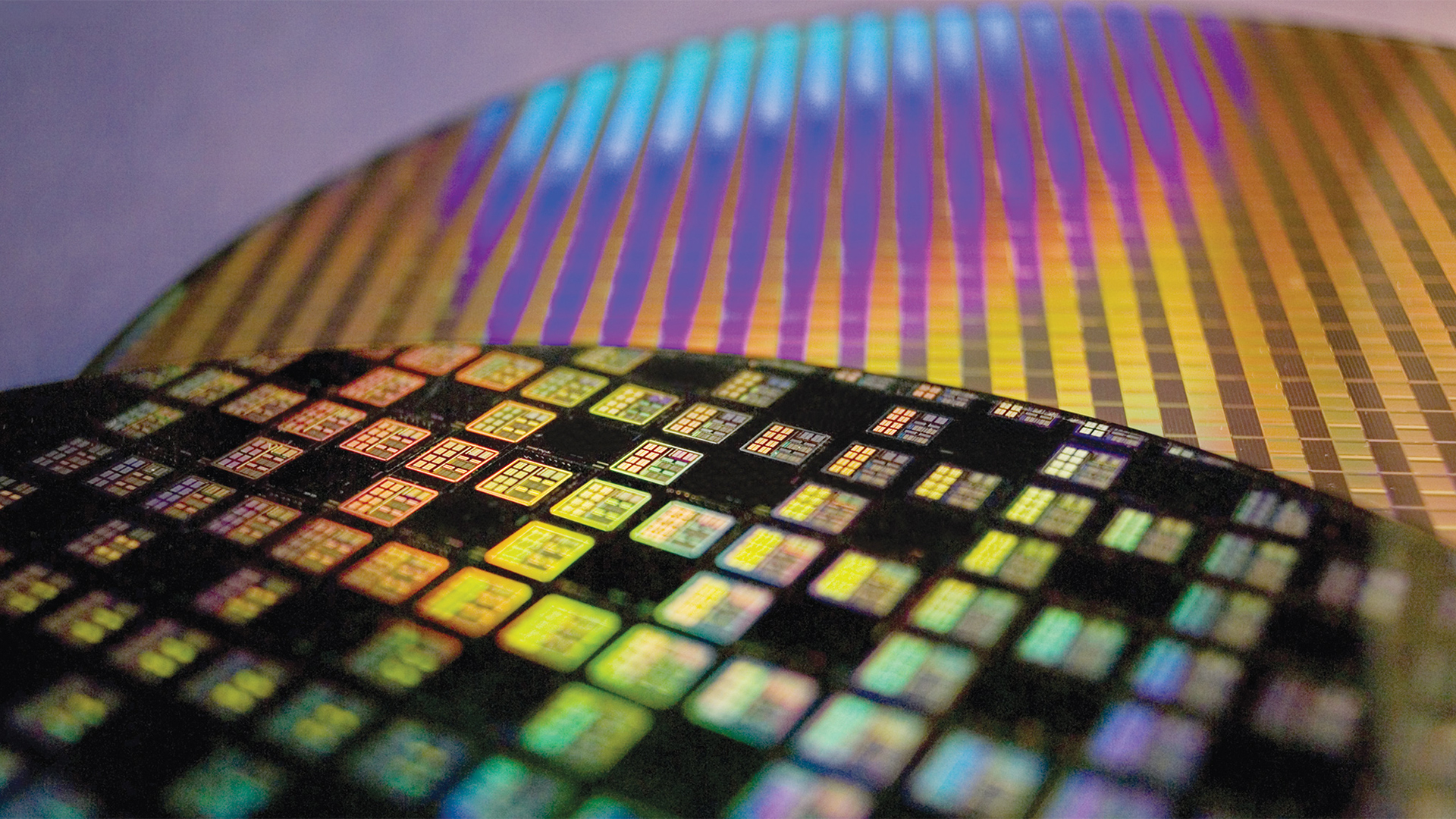Intel, Qualcomm will design advanced chips for US military
US DoD wants to keep chip design and fabrication on home soil

Chipmakers Intel and Qualcomm have been awarded a contract by the National Security Technology Accelerator (NSTXL) to devise and manufacture chips for the US military.
The two companies were handed the deal as part of the Rapid Assure Microelectronics Prototypes - Commercial (RAMP-C) program, the objective of which is to ensure the US Department of Defense (DoD) has reliable access to the latest 7nm and sub-7nm foundry technologies on home soil.
The value and duration of the contract remains unclear, as does the specific role of Qualcomm (as a fabless semiconductor company), but the agreement is supposed to fulfil the “long-term leading edge microelectronics fabrication needs for DoD-specific designs”.
- Check out our list of the best business computers around
- We've built a list of the best mobile workstations available
- Here's our list of the best business laptops out there
US chip manufacturing
As the NSTXL explains, US chip designers currently rely predominantly on off-shore companies (the likes of TSMC and Samsung) for fabrication. For national security and supply reasons, the US DoD would prefer not to have to outsource the manufacturing of its semiconductors.
Intel is the largest US-based chip manufacturer, but has repeatedly delayed the rollout of its 7nm process (recently rebranded to Intel 4), which is now set to debut in 2022. Meanwhile, Taiwan-based TSMC is on track to go live with its 3nm process in the same year.
“There is currently no commercially viable option that can provide a US-located leading-edge foundry that can fabricate the assured leading-edge custom integrated circuits and Commercial off the Shelf (COTS) products required for critical DoD systems. The purpose of the RAMP-C program is to incentivise such an option,” wrote NSTXL.
In its own announcement, Intel explains it will partner with a number of domestic companies - including IBM, Cadence and Synopsis - and the first test chips developed for the DoD will be fabricated on Intel 18A, a process technology planned for early 2025.
Sign up to the TechRadar Pro newsletter to get all the top news, opinion, features and guidance your business needs to succeed!
Previously, the company has said it aims to restore parity between itself and TSMC by 2024 and retake “process performance leadership” by 2025.
“One of the most profound lessons of the past year is the strategic importance of semiconductors,” said Pat Gelsinger, Intel CEO. “Intel is the sole American company both designing and manufacturing logic semiconductors at the leading edge of the technology.”
“When we launched Intel Foundry Services earlier this year, we were excited to have the opportunity to make our capabilities available to a wider range of partners, including the US government.”
Although Intel has gone public with the contract announcement, Qualcomm has remained silent thus far. TechRadar Pro has asked the chip designer for comment on the significance of the contract and role it will play in the project.
- Here's our list of the best workstations right now

Joel Khalili is the News and Features Editor at TechRadar Pro, covering cybersecurity, data privacy, cloud, AI, blockchain, internet infrastructure, 5G, data storage and computing. He's responsible for curating our news content, as well as commissioning and producing features on the technologies that are transforming the way the world does business.